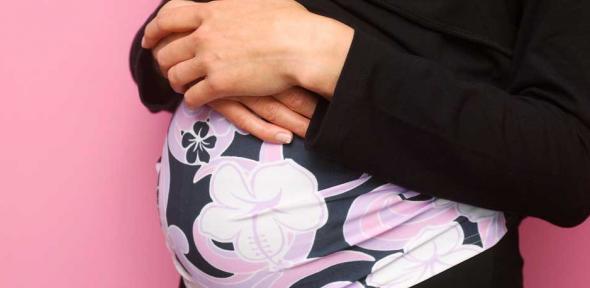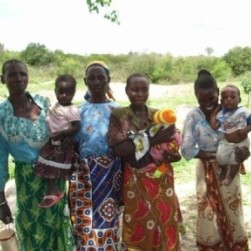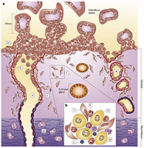
Maternal and Child Health
 There is a broad spectrum of Maternal and Child Health research at The University of Cambridge, in many departments including the Biomedical Campus, Pathology, Engineering and the Humanities. This website offers a snapshot of current research with particular emphasis on collaborative research most likely to have an impact in the support of maternal and child health for low and middle income Countries, notably the Centre’s research partnership with Mulago Hospital in Uganda, led by Professor Ashley Moffett.
There is a broad spectrum of Maternal and Child Health research at The University of Cambridge, in many departments including the Biomedical Campus, Pathology, Engineering and the Humanities. This website offers a snapshot of current research with particular emphasis on collaborative research most likely to have an impact in the support of maternal and child health for low and middle income Countries, notably the Centre’s research partnership with Mulago Hospital in Uganda, led by Professor Ashley Moffett.
See the Maternal and Neonatal Health Research Newsletter
The Centre for Trophoblast Research is a leading Centre of scientific study of the placenta and maternal-fetal interactions during pregnancy.
Addenbrooke's Abroad is a charitable trust based at the hospital established in recognition that engaging University staff and clinicians with global health has benefits for patients and health care workers both overseas and in the UK.
Research at the Placental Interface
 New insights into pregnancy are resulting from research on the interaction between mother and fetus at the placental interface.
New insights into pregnancy are resulting from research on the interaction between mother and fetus at the placental interface.
Professor Ashley Moffett’s research group in the Department of Pathology studies how the immune system acts during pregnancy to establish and maintain a balance between the different needs of the mother and her baby as it develops. If this is defective, major problems of pregnancy arise, including recurrent miscarriage, low birth weight, stillbirth and pre-eclampsia.
As many as 3–10% of births worldwide are affected by pre-eclampsia, a complication that is particularly common in first pregnancies. Pre-eclampsia develops suddenly towards the end of pregnancy and progresses rapidly, causing death of the mother and her baby unless there is delivery by emergency Caesarean section. The condition arises when the placenta (which is derived from the fetus) fails to invade deeply into the uterus, so that the proper connections with the uterine arteries that provide essential oxygen and nutrients to the fetus are not established. A fine balance exists in this ‘no-man’s-land’ – too little invasion means the fetus will be starved, too much invasion is detrimental to the mother.
Placental trophoblast cells are at the interface between the placenta and uterus; as they migrate through the uterine wall they come into contact with cells of the maternal immune system. The maternal cells that appear to be especially important in regulating the degree of invasion are uterine natural killer (uNK) cells. Work in Professor Moffett’s lab has been looking at what determines which way the balance tips and how uNK cells might both assist and hinder placentation.
Associated MCH Research
Developmental Origin of Disease
Staphylococcus Aurus Infection Associated with Childbirth
Nutrition and Susceptibility to Pediatric Enteric Viral Disease


